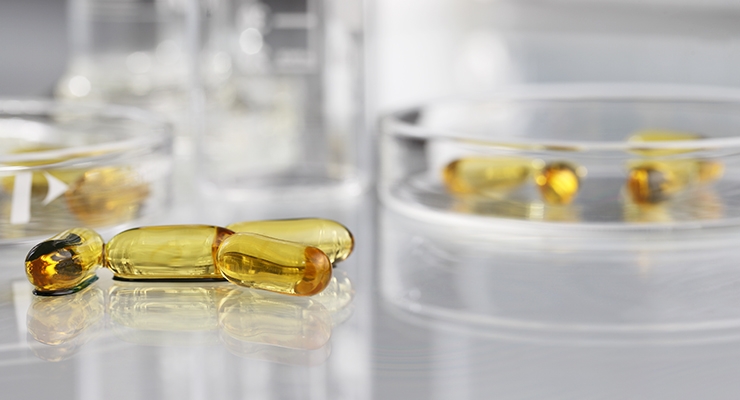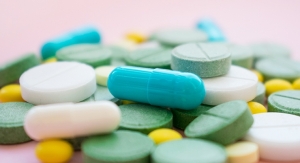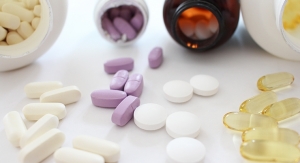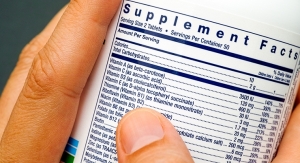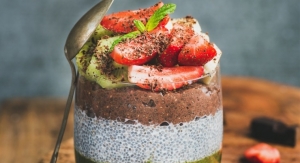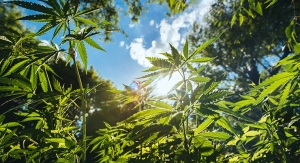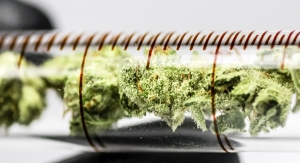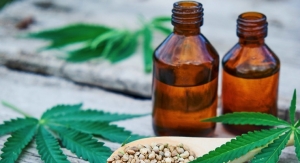By Sean Moloughney, Editor05.02.19
Thanks to better scientific understanding, more information is available about how consumers can optimize health throughout the lifespan.
At the same time, core dietary supplement users who are committed to healthy, natural living, are driving companies to innovate and offer unique formulations that target specific conditions and need states. As research further elucidates the science of aging, including influences of the microbiome, the market is poised for a revolution in personalized product experiences.
While consumers obviously have unique needs based on genetics, gender, age, and other factors, companies and brands should be careful not to lose sight of the forest for the trees. In other words, remember that people often share common motivations, like expectations for quality, efficacy, and precise dosage.
So be careful not to let infatuation with certain products, like CBD, lead you astray from science. This industry has a history of being labeled as the “wild west,” where “snake oil” is the top-selling product. Companies have made great strides in rehabilitating that image in my opinion. However, it’s pretty clear that misbranded, unsafe, or otherwise unlawful dietary supplements are still out there on the market and publicly available.
Even though FDA has essentially said it doesn’t intend to go after companies selling CBD unless they’re making outlandish claims, like curing Alzheimers disease, that doesn’t mean companies can otherwise disregard the established laws and regulations.
As American Herbal Products Association President Michael McGuffin recently put it: “FDA’s current position on the lawful status of CBD shouldn’t be misinterpreted to mean that FDA does not regulate supplement or food products that contain hemp or CBD. Hemp and CBD companies should maintain compliance with established regulations for dietary supplement and food products to ensure quality and safety.”
It’s an exciting time in the nutraceutical industry, thanks in part to the legalization of hemp, which unlocked doors that should have been opened a long time ago. Expectations are high, so to speak; let’s follow the science to deliver in a meaningful and responsible way.
At the same time, core dietary supplement users who are committed to healthy, natural living, are driving companies to innovate and offer unique formulations that target specific conditions and need states. As research further elucidates the science of aging, including influences of the microbiome, the market is poised for a revolution in personalized product experiences.
While consumers obviously have unique needs based on genetics, gender, age, and other factors, companies and brands should be careful not to lose sight of the forest for the trees. In other words, remember that people often share common motivations, like expectations for quality, efficacy, and precise dosage.
So be careful not to let infatuation with certain products, like CBD, lead you astray from science. This industry has a history of being labeled as the “wild west,” where “snake oil” is the top-selling product. Companies have made great strides in rehabilitating that image in my opinion. However, it’s pretty clear that misbranded, unsafe, or otherwise unlawful dietary supplements are still out there on the market and publicly available.
Even though FDA has essentially said it doesn’t intend to go after companies selling CBD unless they’re making outlandish claims, like curing Alzheimers disease, that doesn’t mean companies can otherwise disregard the established laws and regulations.
As American Herbal Products Association President Michael McGuffin recently put it: “FDA’s current position on the lawful status of CBD shouldn’t be misinterpreted to mean that FDA does not regulate supplement or food products that contain hemp or CBD. Hemp and CBD companies should maintain compliance with established regulations for dietary supplement and food products to ensure quality and safety.”
It’s an exciting time in the nutraceutical industry, thanks in part to the legalization of hemp, which unlocked doors that should have been opened a long time ago. Expectations are high, so to speak; let’s follow the science to deliver in a meaningful and responsible way.

